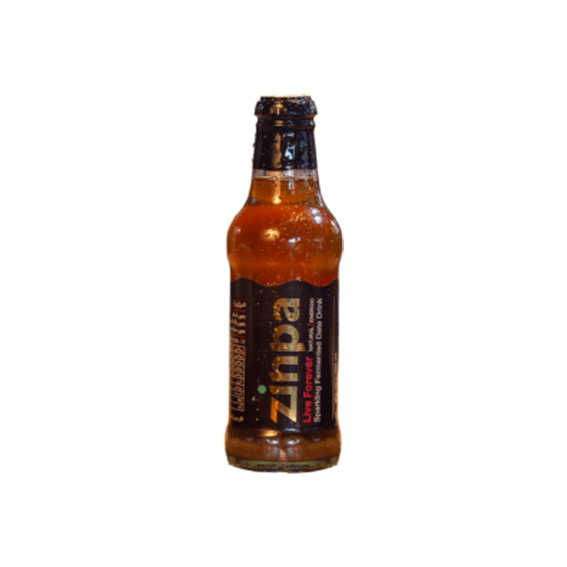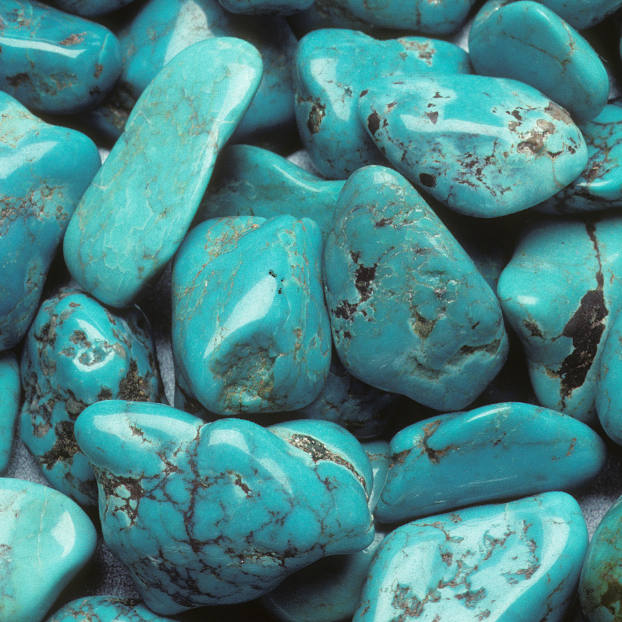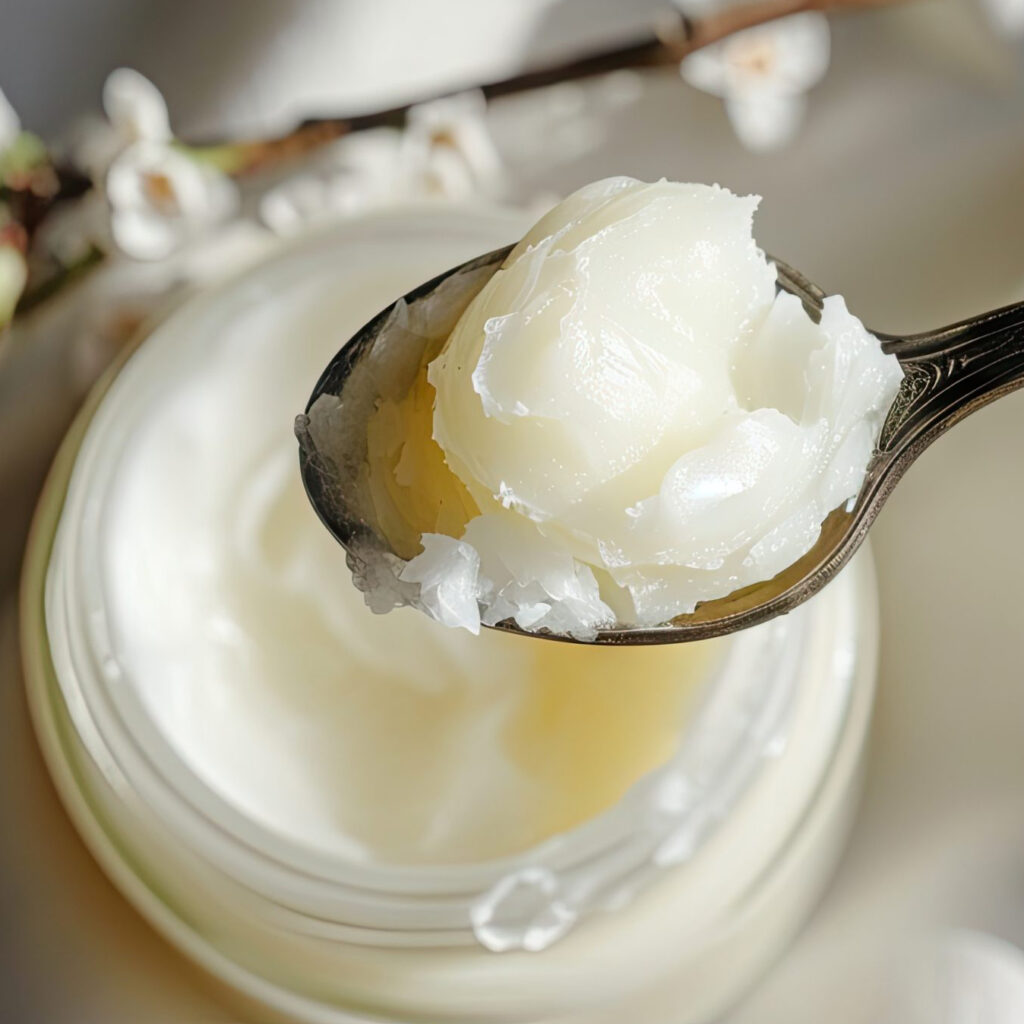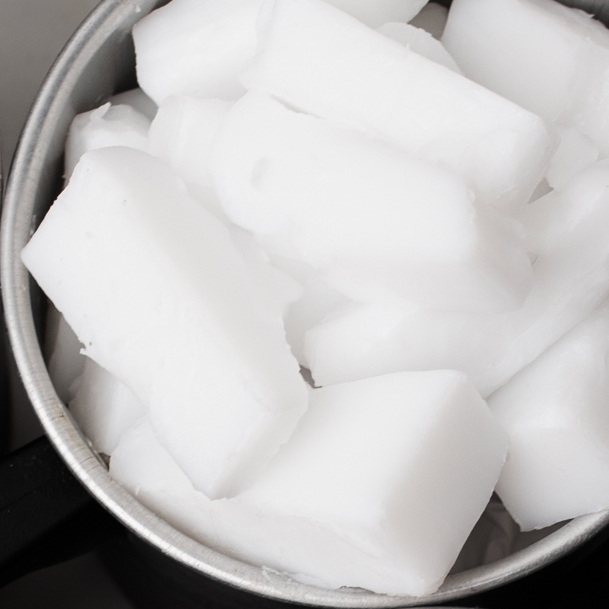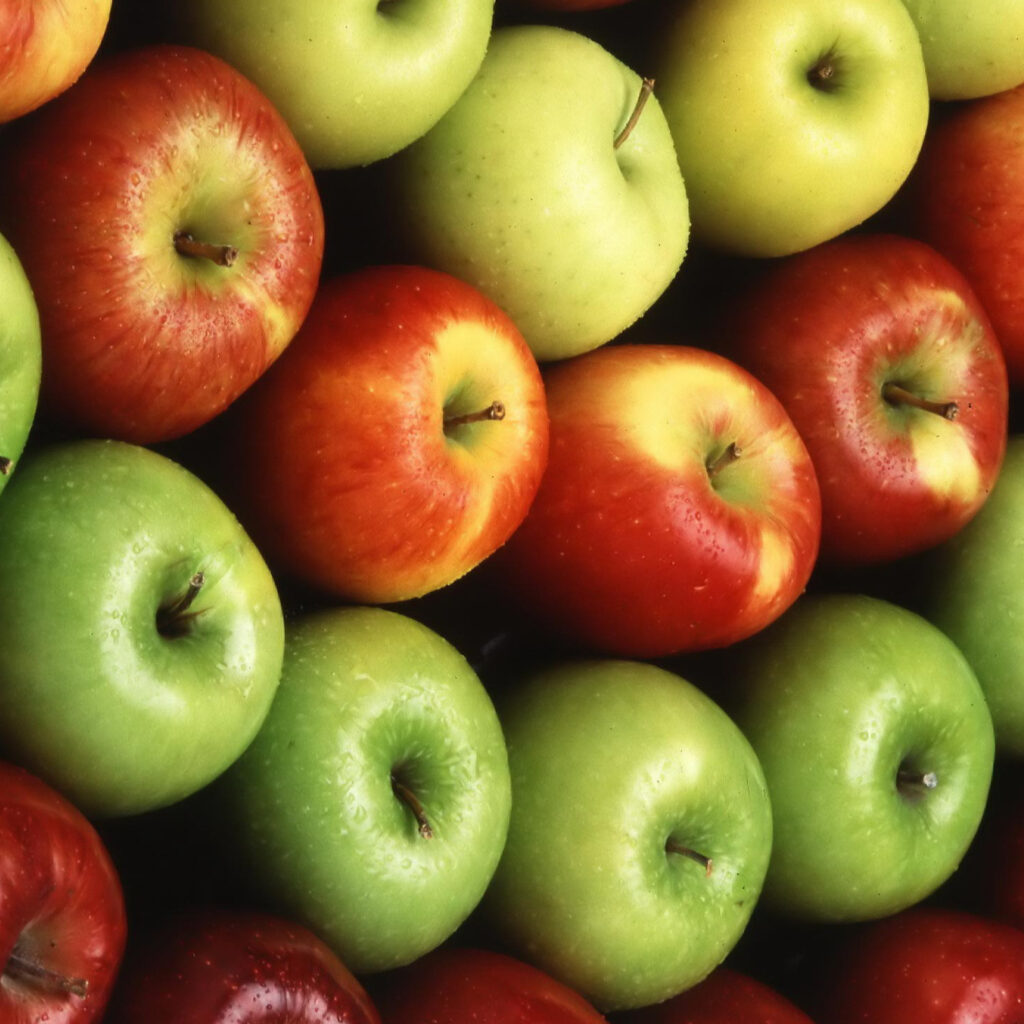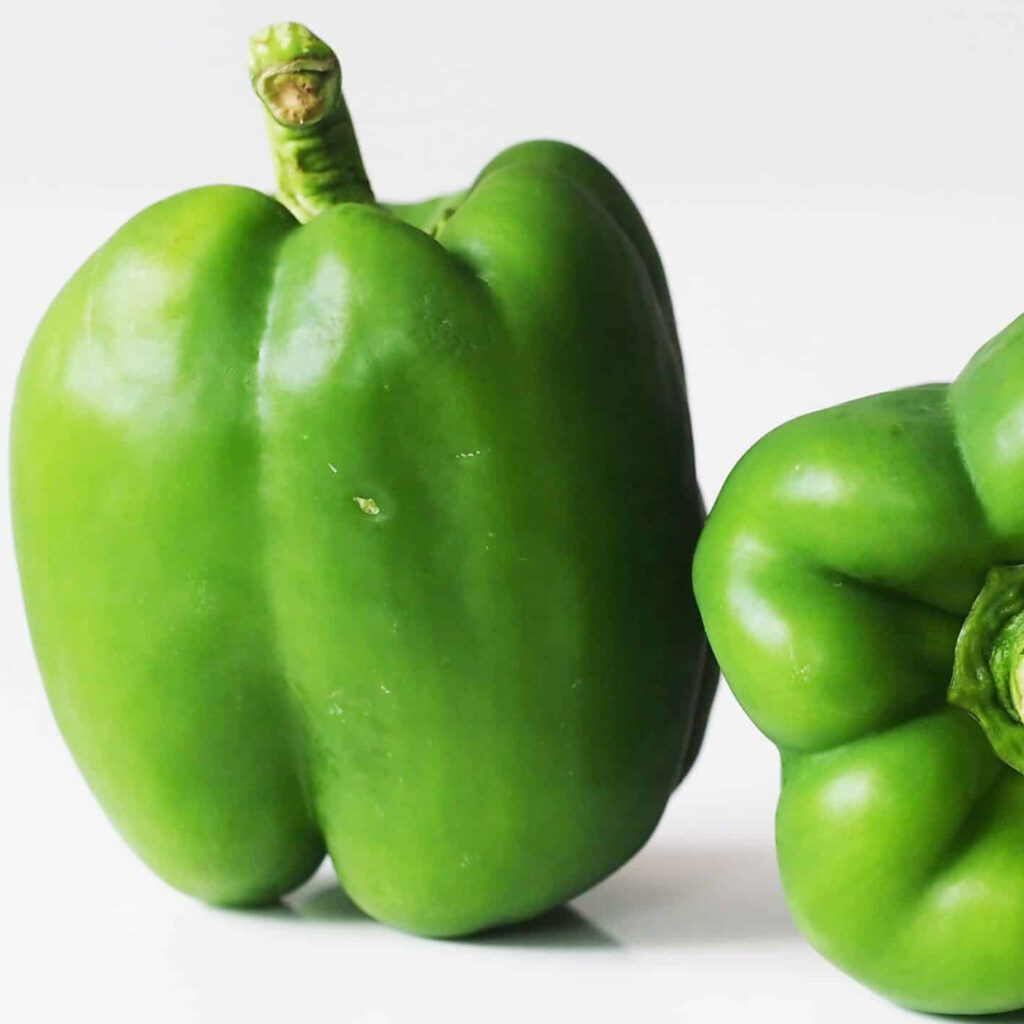Coconut powder, also known as desiccated coconut powder or coconut flour (if finely ground), is made from dried and grated or ground coconut meat. It’s commonly used in cooking, baking, and as a substitute for other flours, especially in gluten-free diets.
Types of Coconut Powder:
- Desiccated Coconut Powder: Finely shredded or ground dried coconut meat, typically unsweetened. It retains the natural fat content and is commonly used in baking and as a topping.
- Coconut Flour: A finer powder made from dried coconut meat after the oil has been extracted, making it lower in fat than desiccated coconut. It’s used as a gluten-free flour alternative in baking.
Nutritional Content (per 100 grams of desiccated coconut powder):
- Calories: ~660 kcal
- Fat: 64 grams (mostly healthy fats like medium-chain triglycerides, MCTs)
- Carbohydrates: 24 grams
- Fiber: 16 grams (great for digestion)
- Protein: 7 grams
- Vitamins and Minerals:
- Iron: Important for oxygen transport in the body.
- Magnesium: Supports muscle and nerve function.
- Potassium: Helps maintain fluid balance and supports heart function.
- Copper and Manganese: Aid in enzyme function and bone health.
Health Benefits:
- Rich in Healthy Fats: Coconut powder contains MCTs, which are easily digestible and can provide a quick source of energy. These fats may also support brain function and metabolism.
- High Fiber Content: Coconut powder is an excellent source of dietary fiber, which promotes digestive health and can help regulate blood sugar levels.
- Gluten-Free Alternative: Coconut flour is a popular gluten-free alternative for those with celiac disease or gluten sensitivities.
- Low Glycemic Index: Coconut powder has a relatively low glycemic index, meaning it doesn’t spike blood sugar as much as other flours or sweeteners.
- Supports Heart Health: While high in fat, the type of fat in coconut (MCTs) may have potential benefits for heart health by improving cholesterol levels.
Culinary Uses:
- Baking: Coconut powder can be used to make cakes, cookies, breads, and pastries. Coconut flour is especially popular in gluten-free baking, though it absorbs more liquid than regular flour, so recipes may need to be adjusted.
- Smoothies: Adding coconut powder to smoothies can enhance flavor and add healthy fats.
- Curries and Stews: In South Asian and Caribbean cuisines, coconut powder is used to thicken and add flavor to curries and stews.
- Coating: Desiccated coconut powder is often used as a coating for confections like truffles, or to top pastries and desserts.
- Dairy Alternative: It can be used to make homemade coconut milk by blending the powder with water and straining.
How to Store Coconut Powder:
- Store in an airtight container in a cool, dry place to prevent it from going rancid.
- If you live in a hot, humid climate, storing coconut powder in the refrigerator or freezer can extend its shelf life.
Difference Between Coconut Powder and Coconut Flour:
- Coconut Powder (Desiccated): Higher fat content and is more commonly used in cooking and as a garnish.
- Coconut Flour: Lower fat, finer in texture, and commonly used in gluten-free baking.


